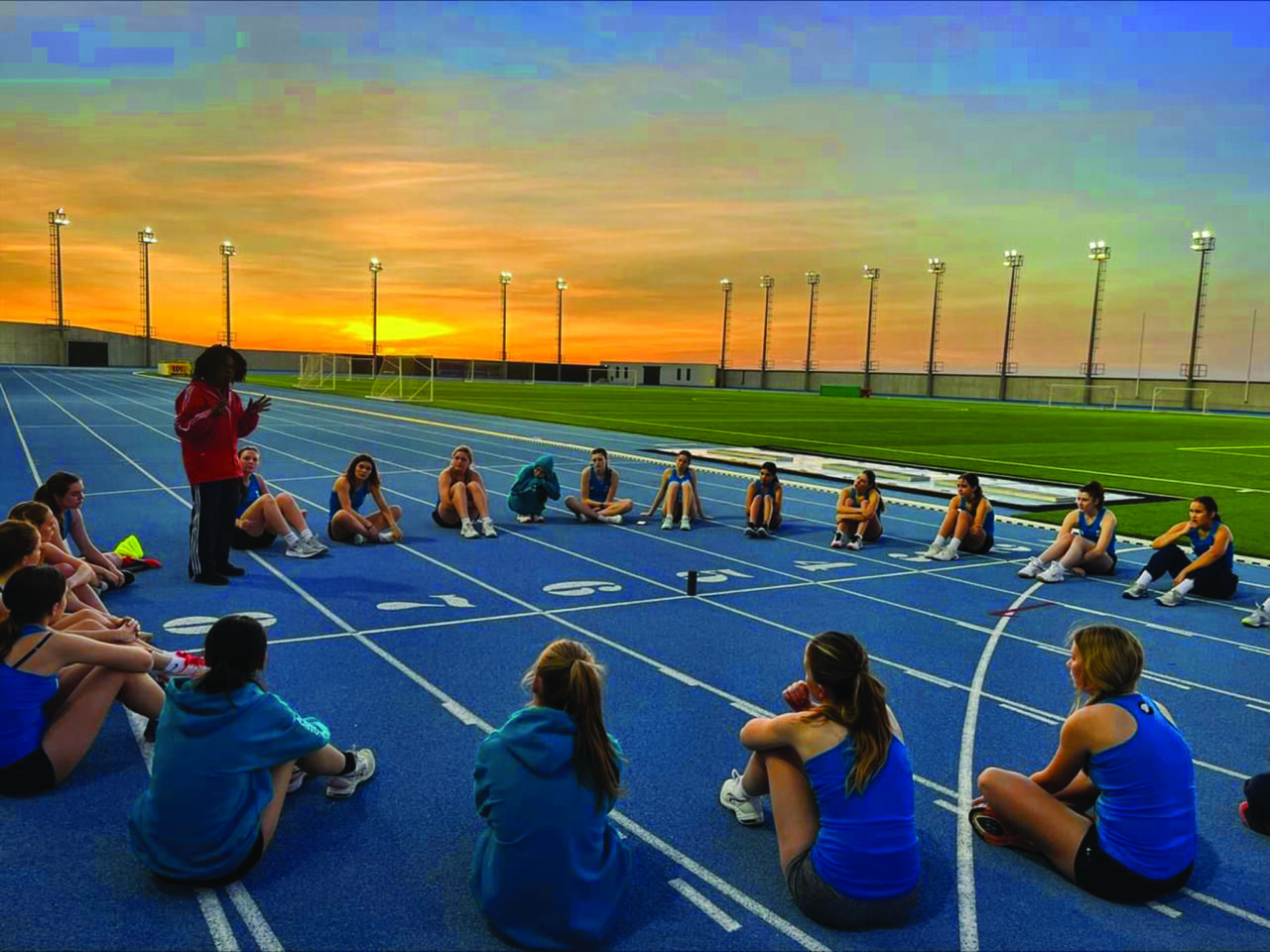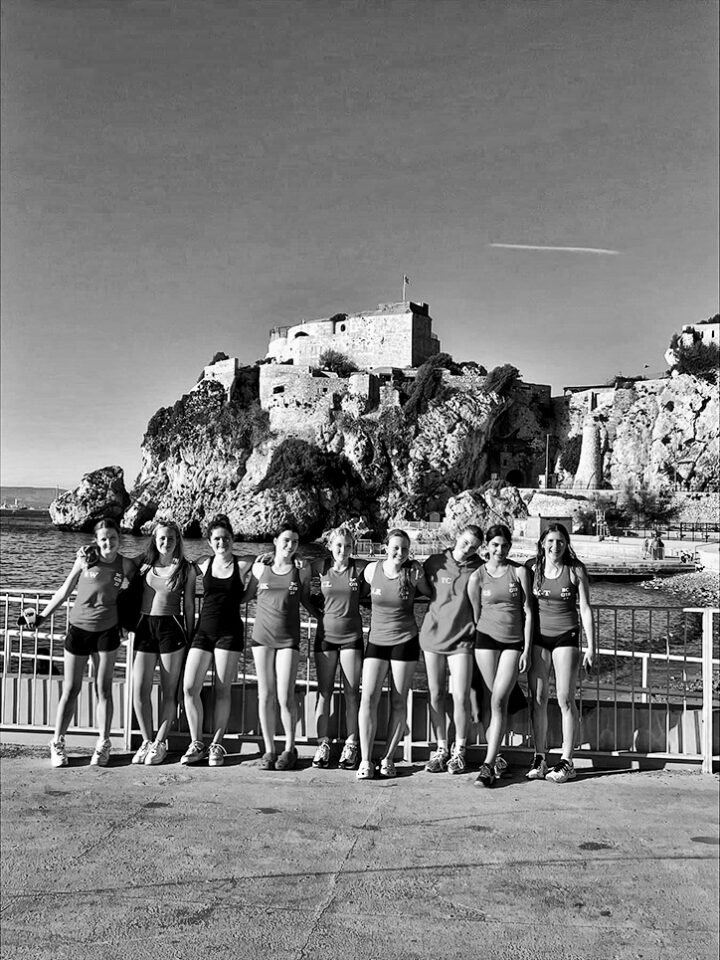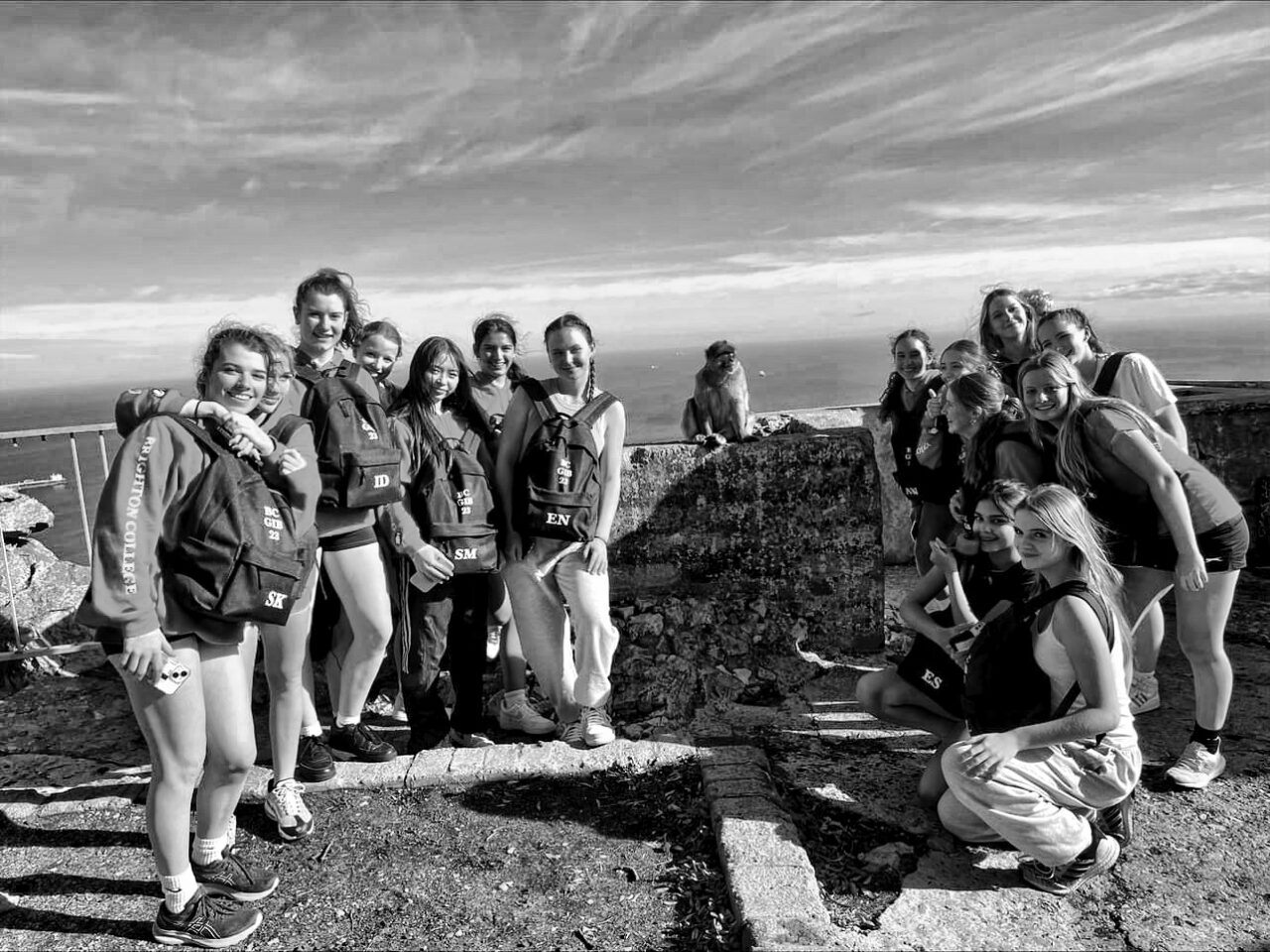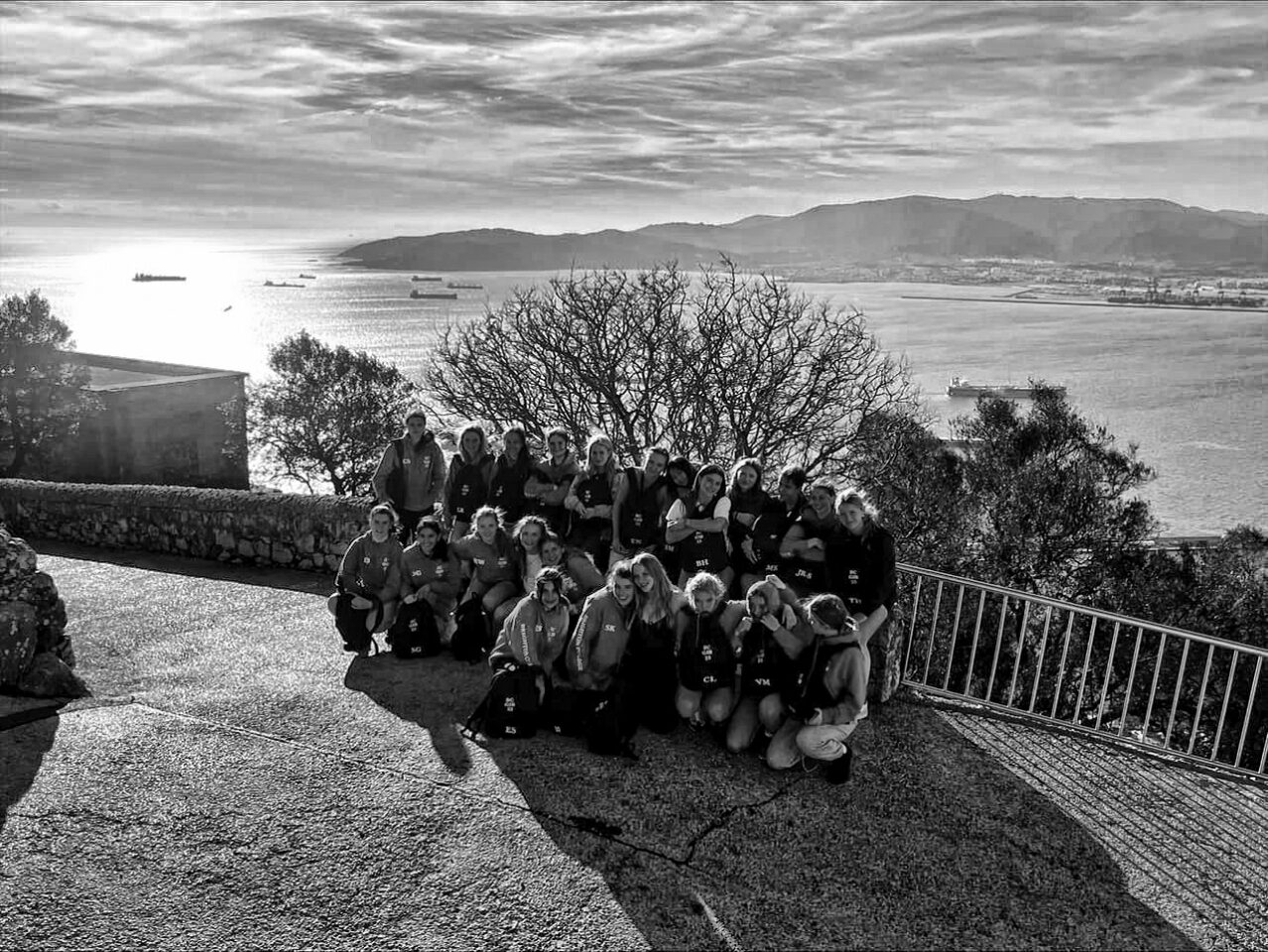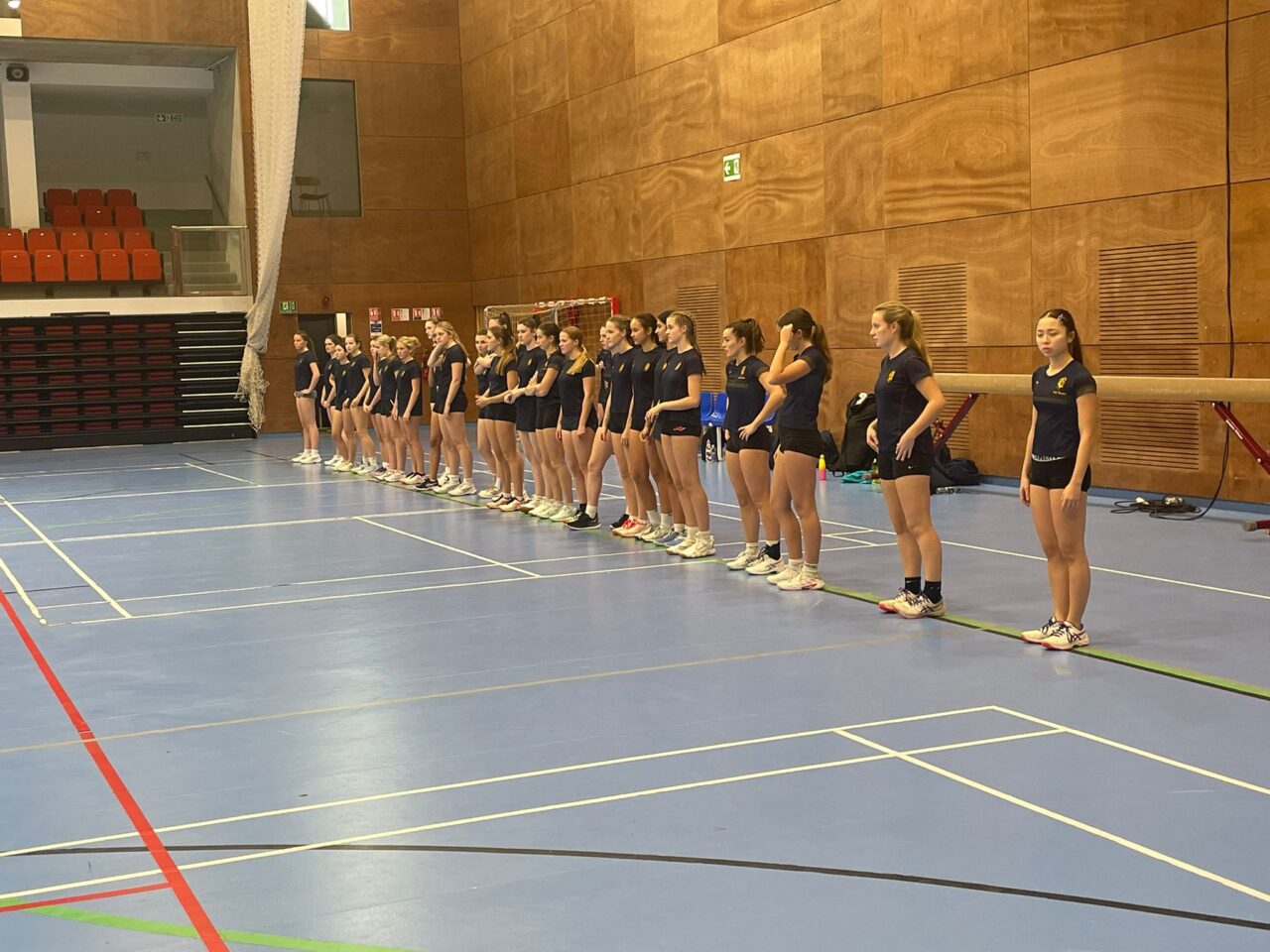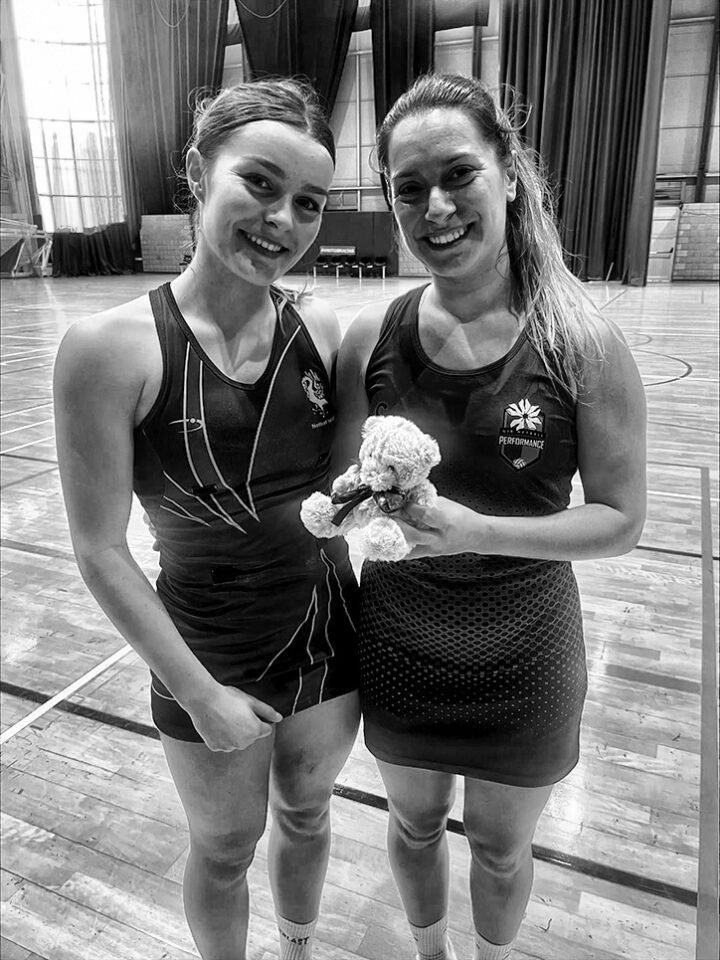High Performance led sports tourism
Amidst the bustling Saturday Christmas shoppers, a group of young ladies from Brighton College, donning their dark tracksuits branded with the college’s name, seamlessly immersed themselves in the festive atmosphere of Gibraltar. They blended effortlessly within the British Gibraltarian crowd, drawing little attention to their presence. Yet, for those aware of this group’s significance, it marked a pivotal moment for the Gibraltar Institute of Sport and hinted at Gibraltar’s potential progression towards establishing a robust sports industry, with event-driven tourism at its core.
Considerable effort preceded Brighton College’s visit to the Rock. Following the Gibraltar Institute of Sport’s official launch earlier this year, ongoing discussions culminated in a week-long high-performance sports camp hosted for Brighton College. This initiative aimed to utilize Gibraltar’s sports facilities effectively.
The idea of leveraging Gibraltar’s sports infrastructure had been in development since the Island Games and was instrumental in founding the Institute. Garnering momentum through various online news reports outlining future pathways, this non-profit organization aimed to channel its expertise into providing high-performance sports opportunities for Gibraltar. Discussions were underway to attract “high-performance” athletes to the Rock.
The primary objective of the Institute, as emphasized by officials, was to enhance local sporting performance. Their services encompassed performance analysis and tailored training plans designed to cater to each athlete’s unique requirements. Simultaneously, they aimed to lay the groundwork for high-performance event-driven tourism centred around Gibraltar.
Unlike routine visits by schools or teams using Gibraltar merely as a respite for their players, the Institute aimed to attract high-performance athletes focused on utilizing the facilities for competition preparations or seasonal training. This shift offered a fresh perspective on potential competition levels for local teams when engaging with visiting teams.
The appointment of CEO Joslyn Hoyte-Smith, a former Olympic medallist with 18 years of experience at the English Institute of Sports, signified a significant addition to the project. Her presence on the Rock amplified interest from parties intrigued by the prospect of utilizing Gibraltar’s resources in the future.
Brighton College’s departure from their usual international trips, previously to places like Abu Dhabi, signified an endorsement of Gibraltar as an alternative, secure environment for competitive matches against diverse opponents. Unlike their past experiences where they competed primarily against schools from their own leagues, their time in Gibraltar, especially focusing on netball, involved matches against local youth and senior teams.
For Gibraltar’s sports players, the visit provided an opportunity to face a high-performance team, serving as robust competition while they prepared for their own upcoming events. This experience hinted at similar opportunities for other local sports organizations as discussions with various bodies, including athletics, cricket, and rugby, were underway.
While sports camps were a cornerstone for attracting teams to Gibraltar, the Institute also offered one-day player assessments, potentially inviting regular team visits to monitor progress. However, it was the sports camp initiative that held the potential to turn Gibraltar into a new hub for sports tourism, combining existing resources into a package well-received by the inaugural visiting group.
From planning schedules to conducting tours, workshops, training sessions, recovery programs, matches, and logistics, the Institute aimed to tailor programs for visiting organizations, fulfilling their diverse needs.
Brighton College’s visit served as a testing ground, providing valuable insights into necessary adjustments. The aim was to encourage teams to use accommodations within Gibraltar, capitalizing on the extensive sports facilities available. Officials highlighted the warm reception received due to Gibraltar’s versatile sports venues, including training at Europa Sports Complex, sprint tests at Lathbury Sports Complex, and collaboration with the local swimming association for pool recovery programs.
The availability of these services and facilities extended to local organizations, fostering collaboration among sports bodies. This initiative was envisioned not just as a platform for high-performance athletes but also as a means for Gibraltar’s sports development by engaging alongside such athletes.
While Brighton College’s visit marked a significant milestone, reports surfaced of Northern Ireland athletes eyeing Gibraltar for future engagements. Interest was also expressed by cricket, rugby, and American football teams. Collaborations between local cultural and sports bodies further solidified the potential for establishing a high-performance athlete-driven tourism industry, transitioning from a conceptual stage to a tangible reality.
